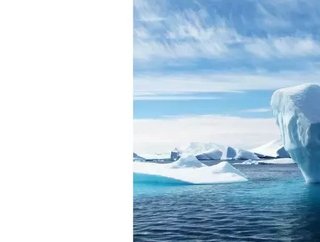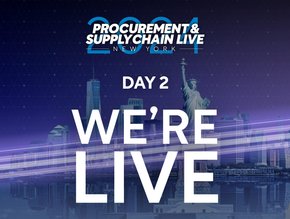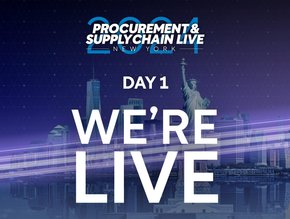Vanderbilt: Shipping Possibilities in the Arctic Ocean

So, as an unfortunate side effect of globalisation and increasing demand for just about every product and service the human race can think of, the climate is suffering. In fact, year-on-year, we’re having a progressively worse effect as the global population goes higher and higher. As a result, the term “global warming” has become one of the most important talking points of the century, to date. Now, with that warming, the icier regions of the world are starting to melt away ─ this is awful; however, there is one silver lining. Regions, like the Arctic, where ships couldn’t sail, are looking more traversable, which means there’s potentially a whole new shipping lane opening up for global supply chain managers ─ a quicker one too.
To determine whether the Arctic environment is a feasible new option for ship navigation, Hiba Baroud, assistant professor of civil and environmental engineering, and Ralf Bennartz, professor of earth and environment sciences, will be working in collaboration with Alice DuViver, a scientist at the National Center for Atmospheric Research (NCAR) to develop a risk-analysis framework. The academic trio has been awarded a National Science Foundation (NSF) grant to fund the project, and they’ll be focused on the economic and environmental tradeoffs between this new potential trade route and the ones already established in the southern hemisphere.
Historic Ideas Creep Back Up
Back in 2016, the concept of ‘Navigating the New Arctic’ was on the National Science Foundation’s ‘10 Big Ideas’ list, because “Arctic change will fundamentally alter climate, weather and ecosystems globally in ways that we do not yet understand but that will have profound impacts on the world’s economy and security.” An accurate prediction, you might say.
Geopolitical issues will also impact on the report, given that both China and Russia have been pressing their own agendas in the same region, and it’ll likely cause tensions between Eastern and Western governments.
Baroud and Bennartz are specifically looking at the Northern Sea Route (NSR), which runs along the border of northern Russian. Travel between Japan and the Netherlands along the NSR is 37% shorter than comparative routes through the Suez Canal in the Southern Hemisphere during times of little or no sea ice. The Vanderbilt researchers are considering the various benefits to shippers, versus the environmental impact that could exacerbate already serious threats to the region.
The Expert Opinion
“There are many factors that must be taken into consideration to determine if a trip along the NSR is a net benefit to the shippers, surrounding environments and coastal communities,” said Baroud, who is the Littlejohn Dean’s Faculty Fellow. “For example, cargo ships must be outfitted for protected navigation, have safe places to dock and be reachable by emergency responders before we could definitively say that the NSR is a safe and cost-effective way to move shipments around the world.’
‘A preliminary analysis of a simulation comparing the two routes enabled us to make a projection for what global shipping routes could look like through 2100,” Bennartz added. “Until 2050, the Suez Canal will remain a better option for shippers because of the increased risk of navigation along the NSR. We continue to review and incorporate projected climate events and sea-ice changes from our collaborators into our calculations.’
The Northern Sea Route (NSR), which is the Arctic alternative route to the Suez Canal Route (SCR), is approximately 35% shorter in distance. (Bekkers, Francois & Romagosa, The Economic Journal).
The research is also being conducted with input from Arctic communities with an interdisciplinary mindset. “The project requires us to take into account the built and natural environments of the Arctic, and while our approach is founded in analytical methods, we will seek to engage stakeholders in our research,” Baroud said.
- Procurement & Supply Chain LIVE New York 2024: Day Two RecapDigital Supply Chain
- Submissions Closed: Global Procurement & Supply Chain AwardsDigital Supply Chain
- Sustainability Shines Through on P&SC LIVE New York Day OneSustainability
- Celebrating International Supply Chain Professionals DayOperations






